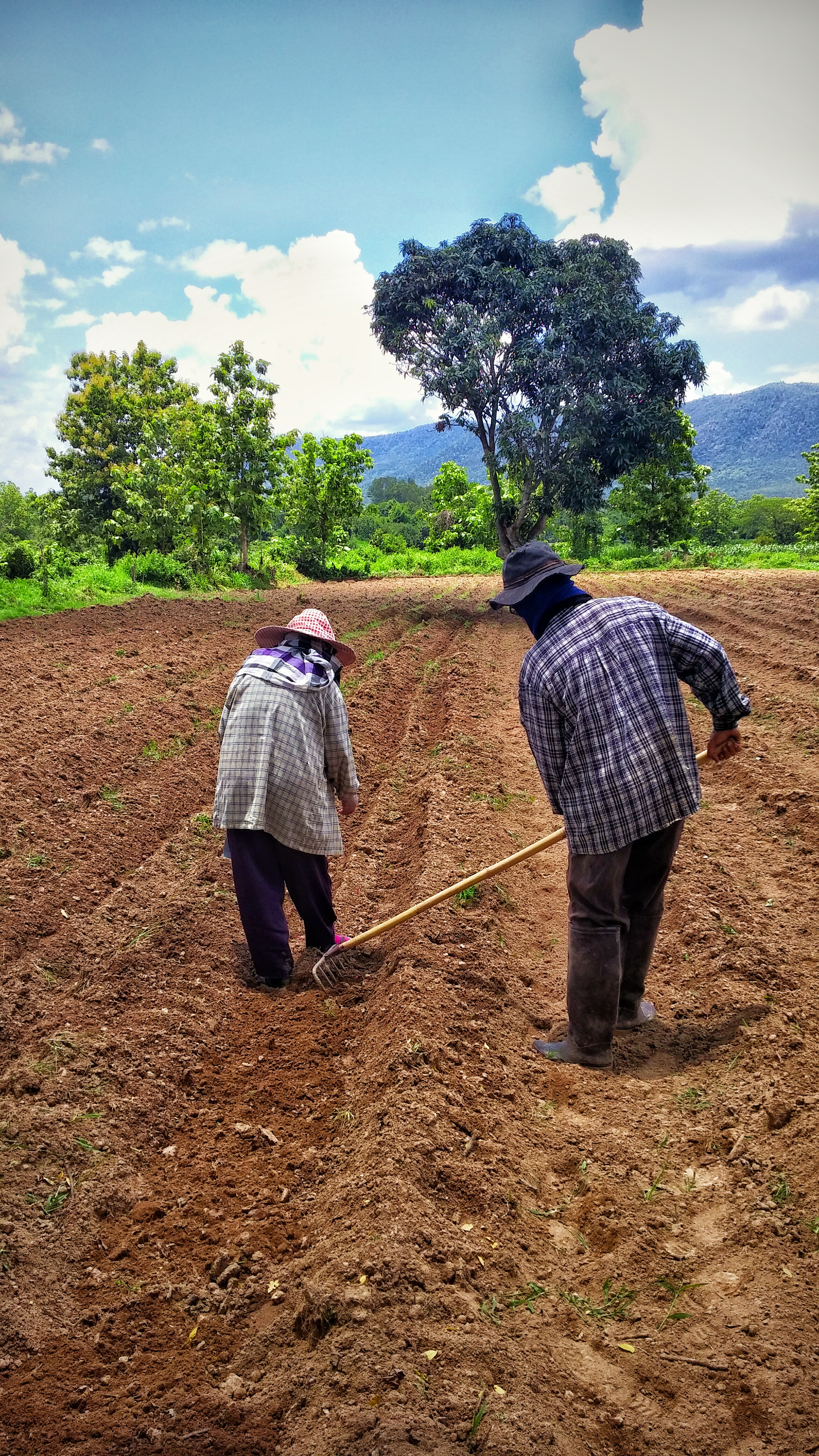My research examines how culture structures the life course, and how young people and their families psychologically negotiate cultural change brought about by globalization and immigration. Under this umbrella, I currently have three interconnected lines of research, detailed below.
Psychological Implications of Globalization
I use a cross-sequential research design to track the psychological implications of globalization in northern Thailand. My initial wave of fieldwork launched in 2012, thanks to financial support from the Society for Research on Adolescence's Innovative Small Grant. Working in rural and urban communities, I and my collaborators tied the perspectives and practices of adolescents and their parents to varying degrees of exposure to modern globalization.
In 2022, supported by the Society for Research in Child Development's Early Career Grant and the California State University Chancellor’s Office Research, Scholarship, and Creative Activities Award, I collected follow-up longitudinal data, tracking psychological stability and change as adolescents reared in rural and urban contexts transitioned to adulthood. In 2023, supported by the Cultural Evolution Society and John Templeton Foundation, I returned to the same rural village and nearby urban city where I initially gathered data in 2012 to see how adolescent perspectives and practices have—and have not—changed in the intervening years, a period marked by an explosion of intercultural contact via the new widespread availability of high-speed internet.
Collectively, these waves of fieldwork track the development of Millennial and Gen Z Thai youth coming of age in an era of rapid globalization. This line of work focuses on how young people’s psychological perspectives and behavioral practices are (re)shaped by forces of modern globalization.
Perspectives
Beliefs about morality and values have long been a core research interest of mine. This work has addressed dyadic conceptions of moral values and the moral self across variously globalized communities (published in International Journal of Behavioral Development and Journal of Adolescent Research), and the de- and re-contextualization of divinity-based moral reasoning among urban-dwelling adolescents (published in New Directions for Child and Adolescent Development). Alongside HD&C student researchers, I have also examined the cultural and moral values that adolescents invoke when reasoning about the taboo yet pervasive practice of sex work, published in Journal of Cross-Cultural Psychology, and the moral values that adolescents and parents invoke when considering transnational marriage (published in International Journal of Intercultural Relations).
I also study the construction and negotiation of self and identity. This is addressed in my work on dietary and linguistic practices (i.e., self as increasingly differentiated in globalized Thai settings) and conceptions of morality and divinity (i.e., the self as an autonomous agent vs. as fundamentally interconnected with others). I have also written about cultural identity in an era of modern globalization with Lene Jensen and Jeffrey Arnett (published in the Handbook of Identity Theory and Research), and about how bicultural identities are negotiated in globalizing northern Thailand and in multicultural central California (published in Katzarska-Miller & Reysen’s Globalized Identities: The Impact of Globalization on Self and Identity).
In an ongoing research project, I am investigating adolescents' visions of the future self and reflections on the former self. In one study (published in Journal of Research on Adolescence), I examined the local and global values endorsed by urban Thai adolescents when considering their envisioned futures. This work further reveals four distinct negotiation processes in which these adolescents engage to manage local and global values. In another study, I am examining indigenous definitions of success among rural and urban-dwelling adolescents (in preparation). This work points both to continuity and change in beliefs about success and the future self. In one ongoing project, I am examining young adults' reactions to and reflections upon the former self via an experimental auditory 'encounter.'
Practices
Students in my HD&C lab and I have examined adolescent and parent media practices. One recent mixed methods study, published in Media Psychology, points to digital divides and dyadic gaps in use of new media, and in perceived media-based affordances and challenges among Thai adolescents and parents. A qualitative study published in Journal of Cross-Cultural Psychology shows how adolescents act as cultural brokers for their parents in a media-driven world, which serves to renegotiate power dynamics and age-based hierarchies. Alongside Adriana Manago, I have also written about the cultural shaping of adolescent digital media use (published in Nesi, Telzer, & Prinstein’s Handbook of Adolescent Digital Media Use and Mental Health).
I also employ qualitative and quantitative methods to examine rural and urban adolescent religious practices. In one study, students in my HD&C lab and I found distinct orientations toward religious practices across contexts of globalization. This paper, published in Psychology of Religion and Spirituality, suggests movement from an interdependent to a more independent orientation toward religion as communities become increasingly urbanized, high in technology, and shift toward a commerce-based economy.
My work addresses rural and urban-dwelling adolescents' dietary and linguistic practices. In an article published in Child Development, I utilize a qualitative approach to show how urban-dwelling adolescents alternate between local and global practices based on interactional partner. This alternation in turn assists them in navigating and reshaping hierarchies encountered in everyday relationships.
I have also contributed globalization-focused publications in major reference works (e.g., “Globalization and the Changing Nature of Adolescence,” published in Encyclopedia of Adolescence, co-edited by Wendy Troop-Gordon and Enrique Neblett).

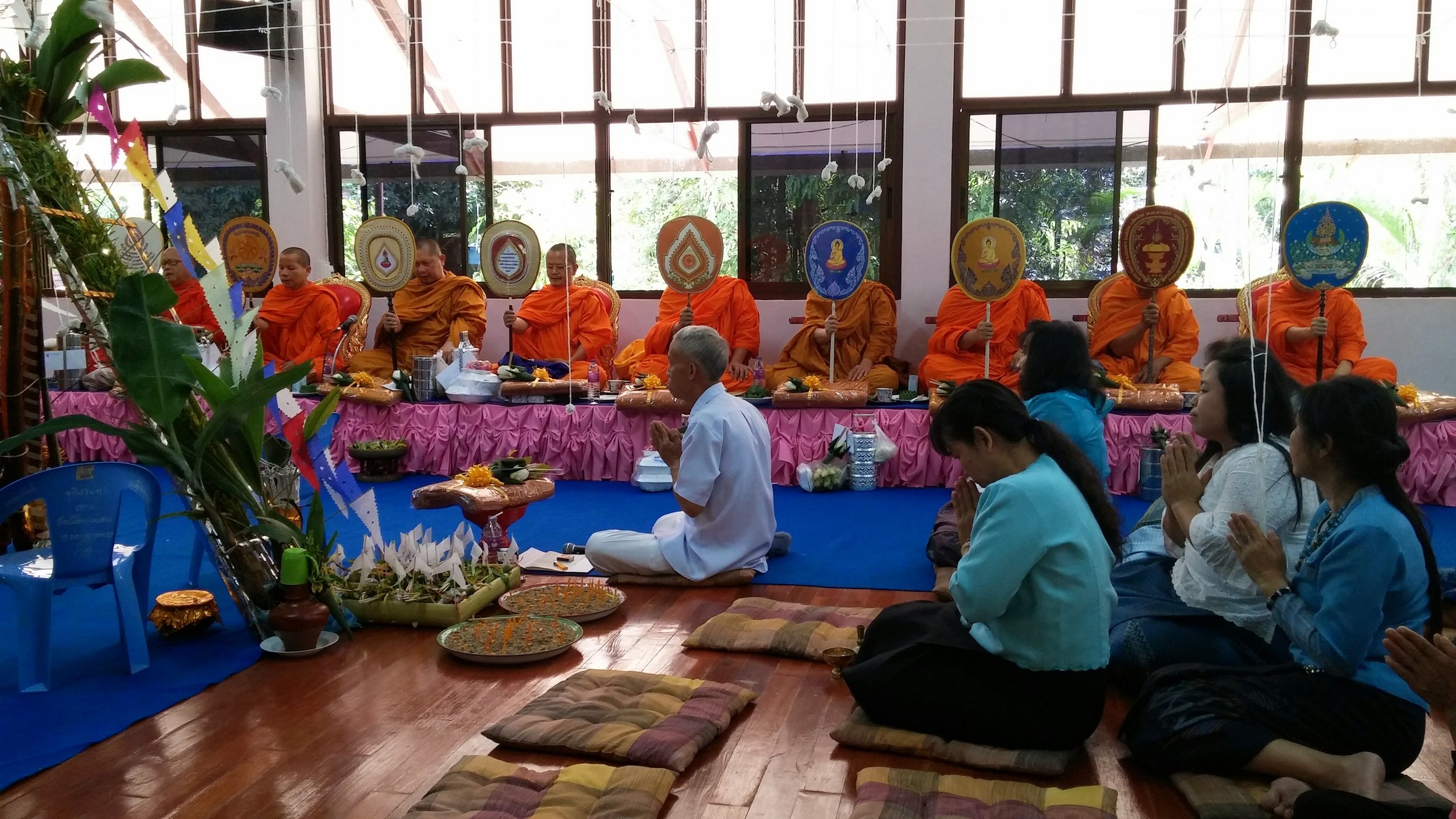
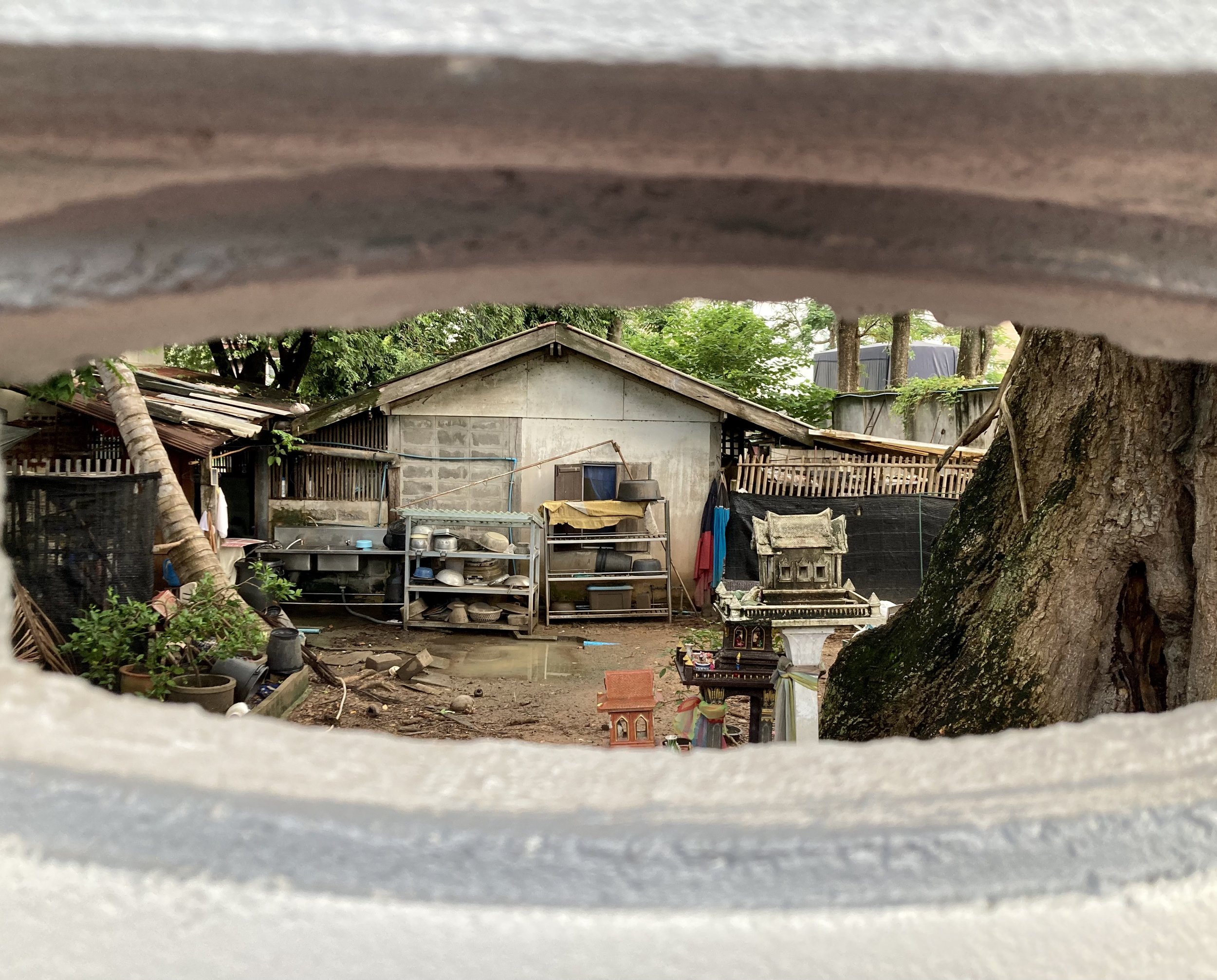

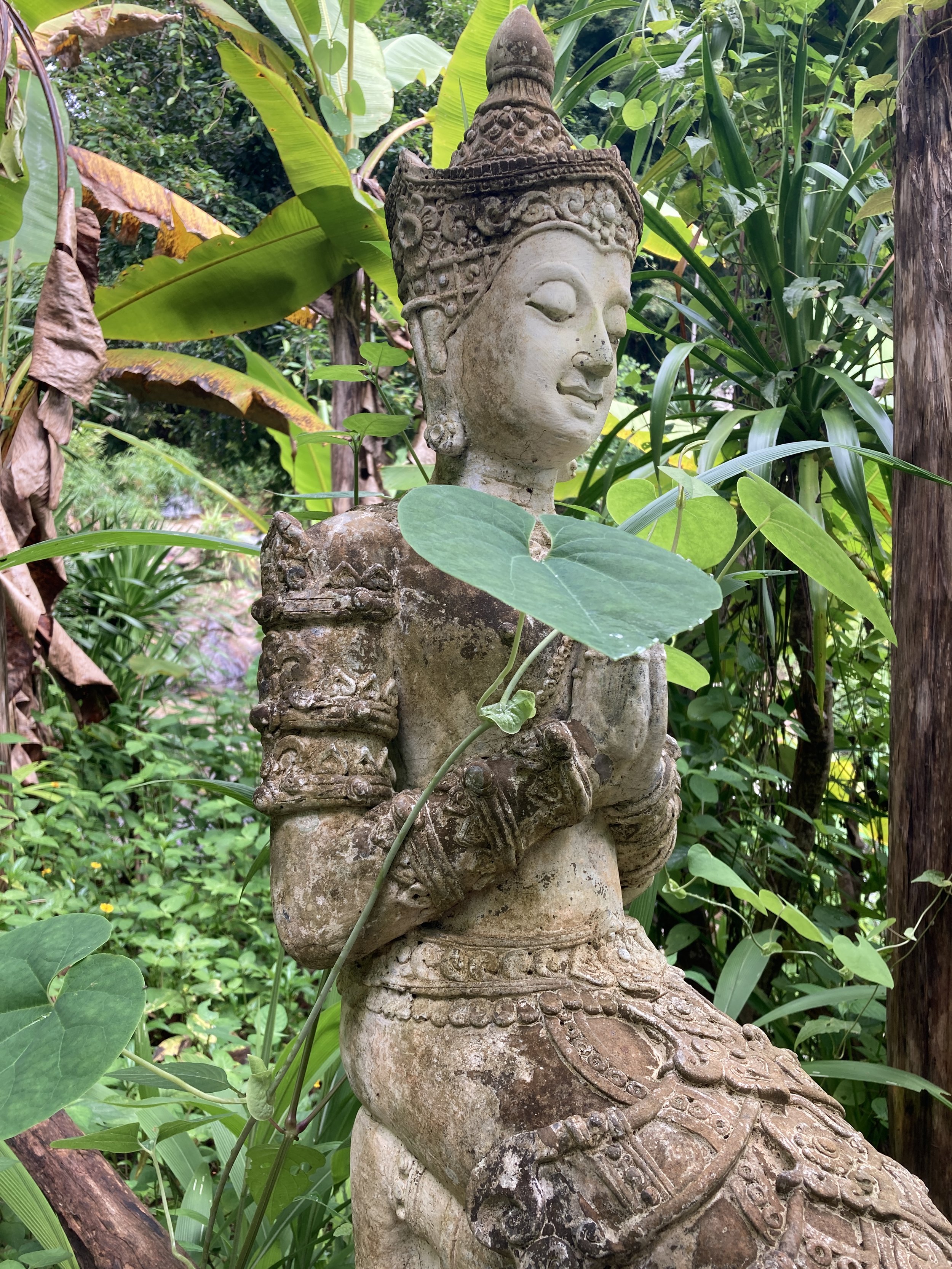
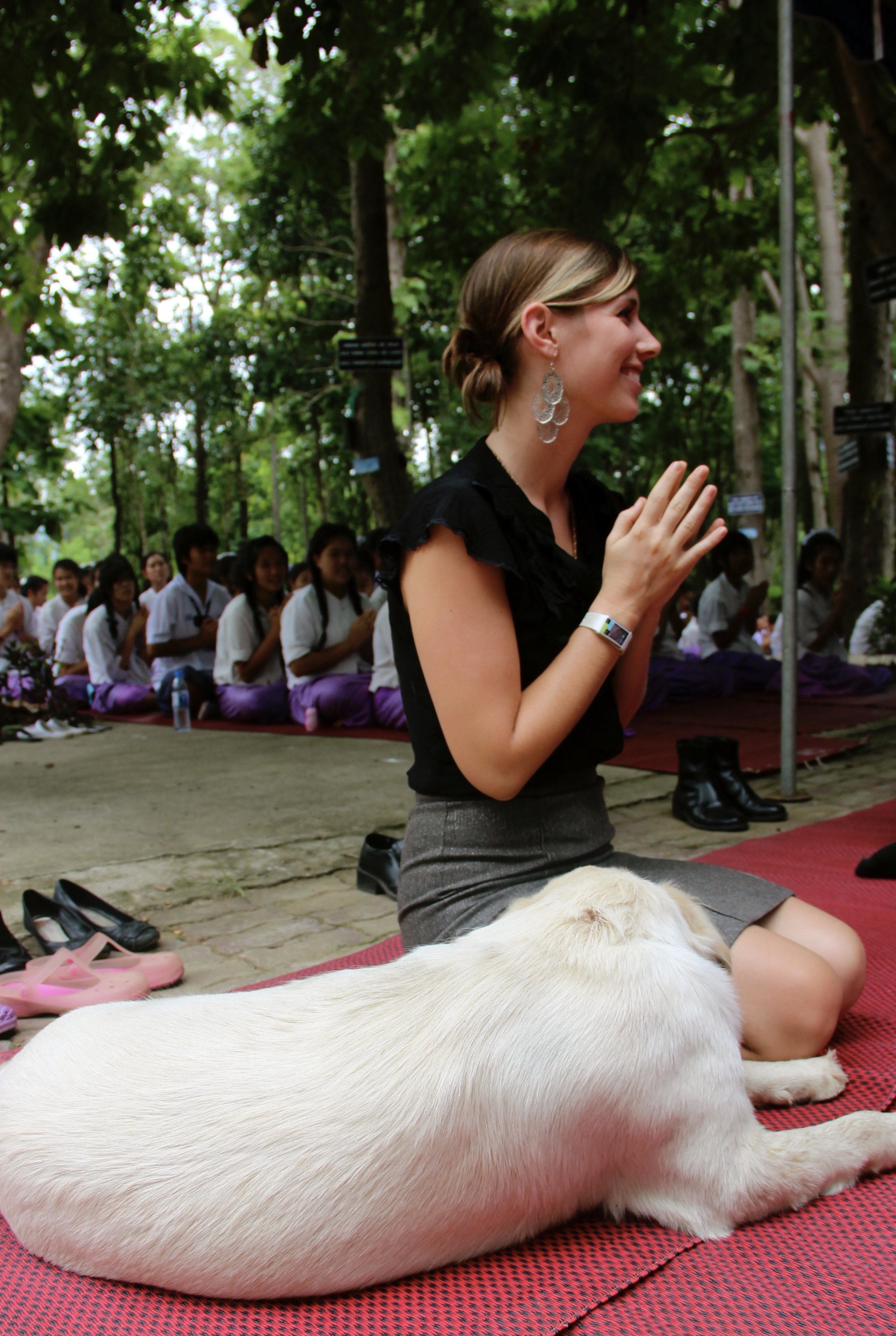

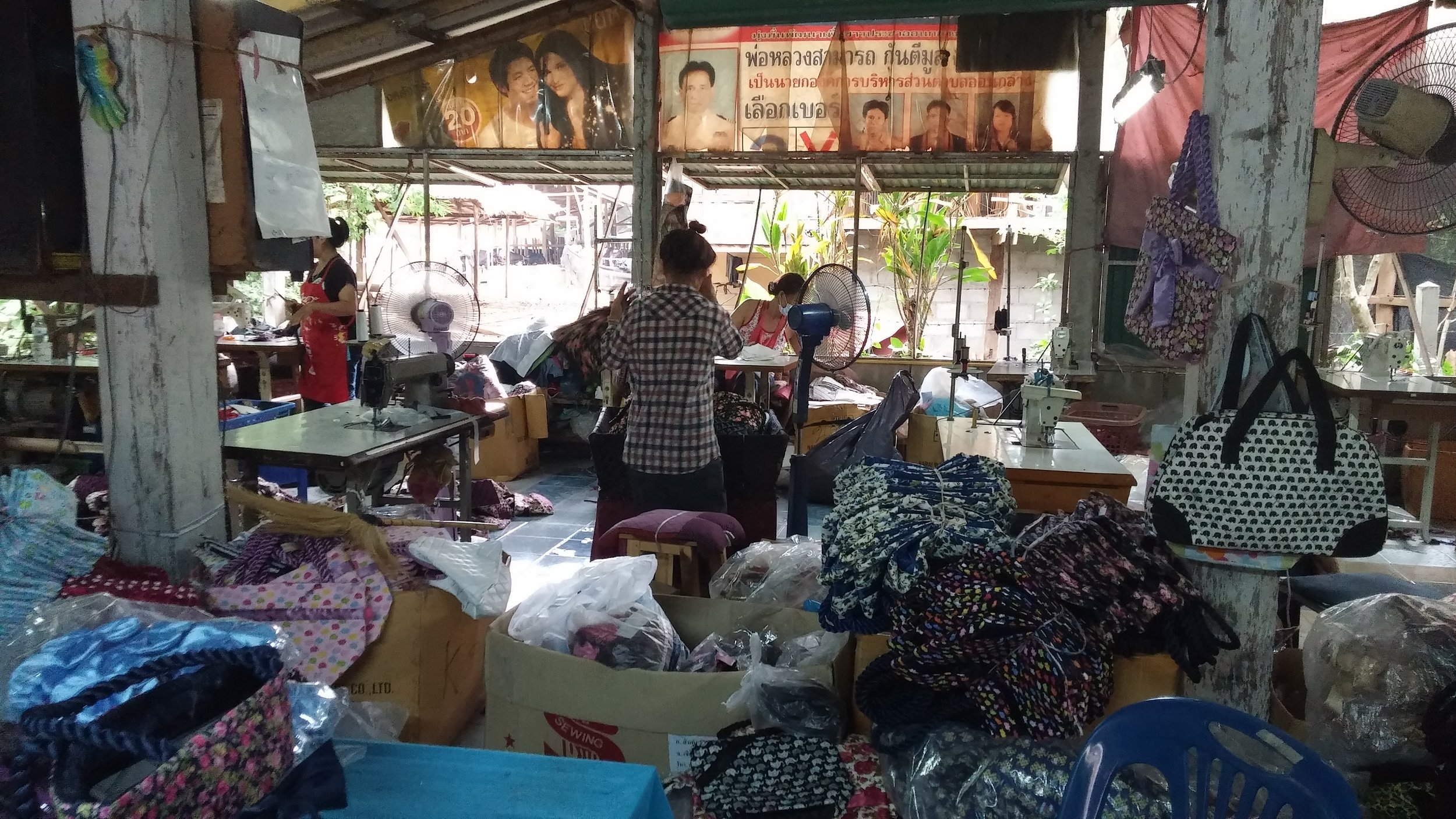
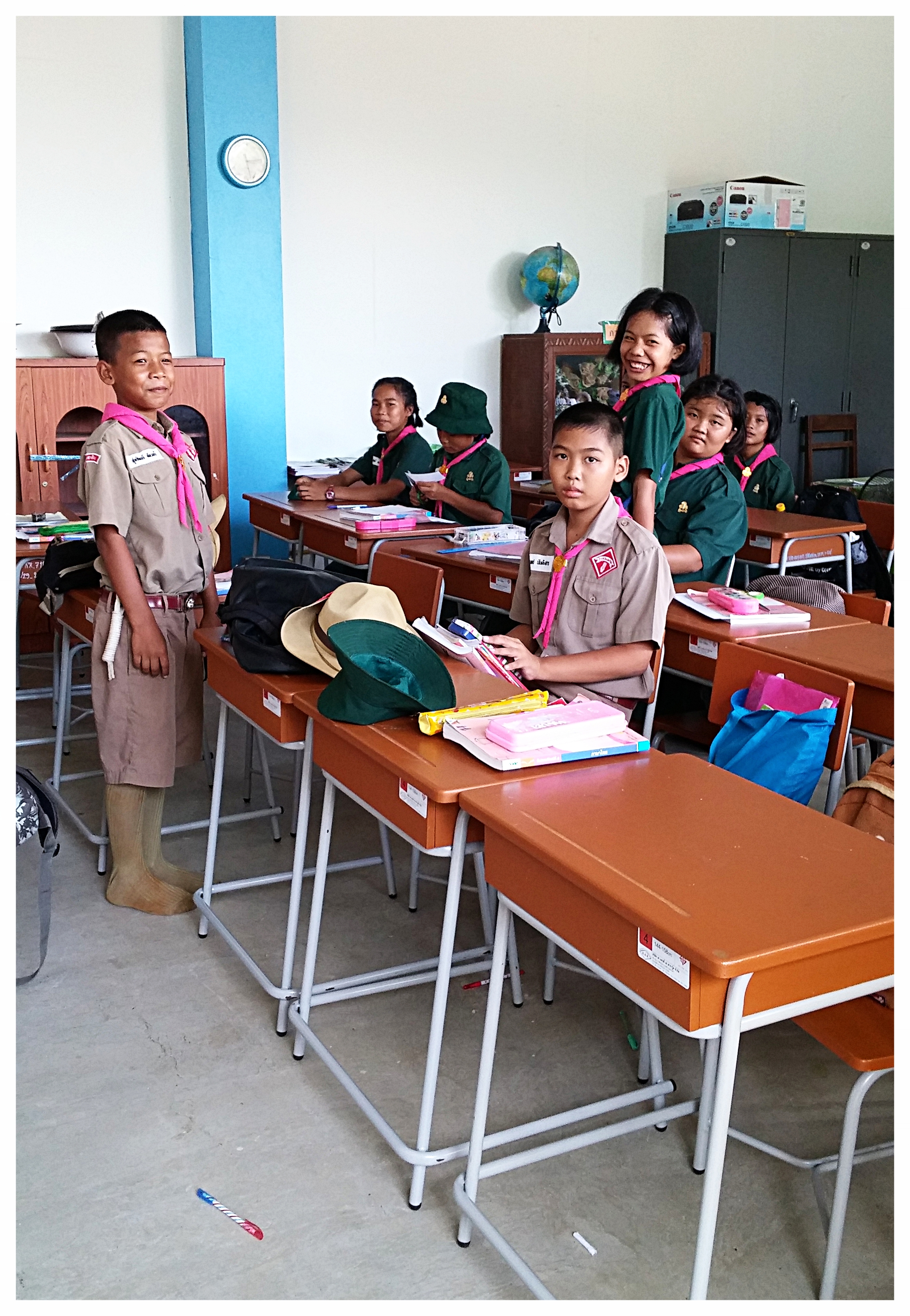

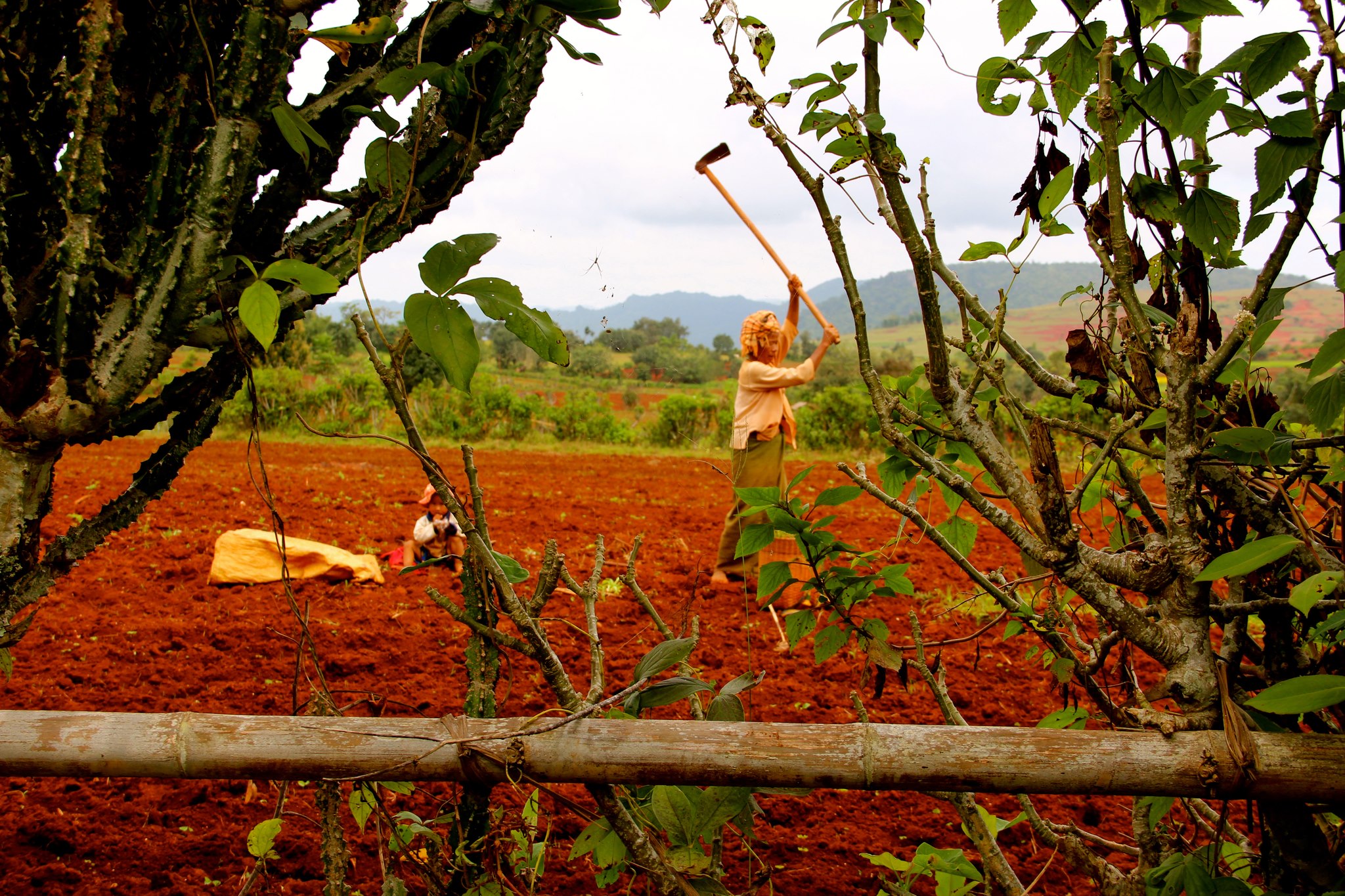
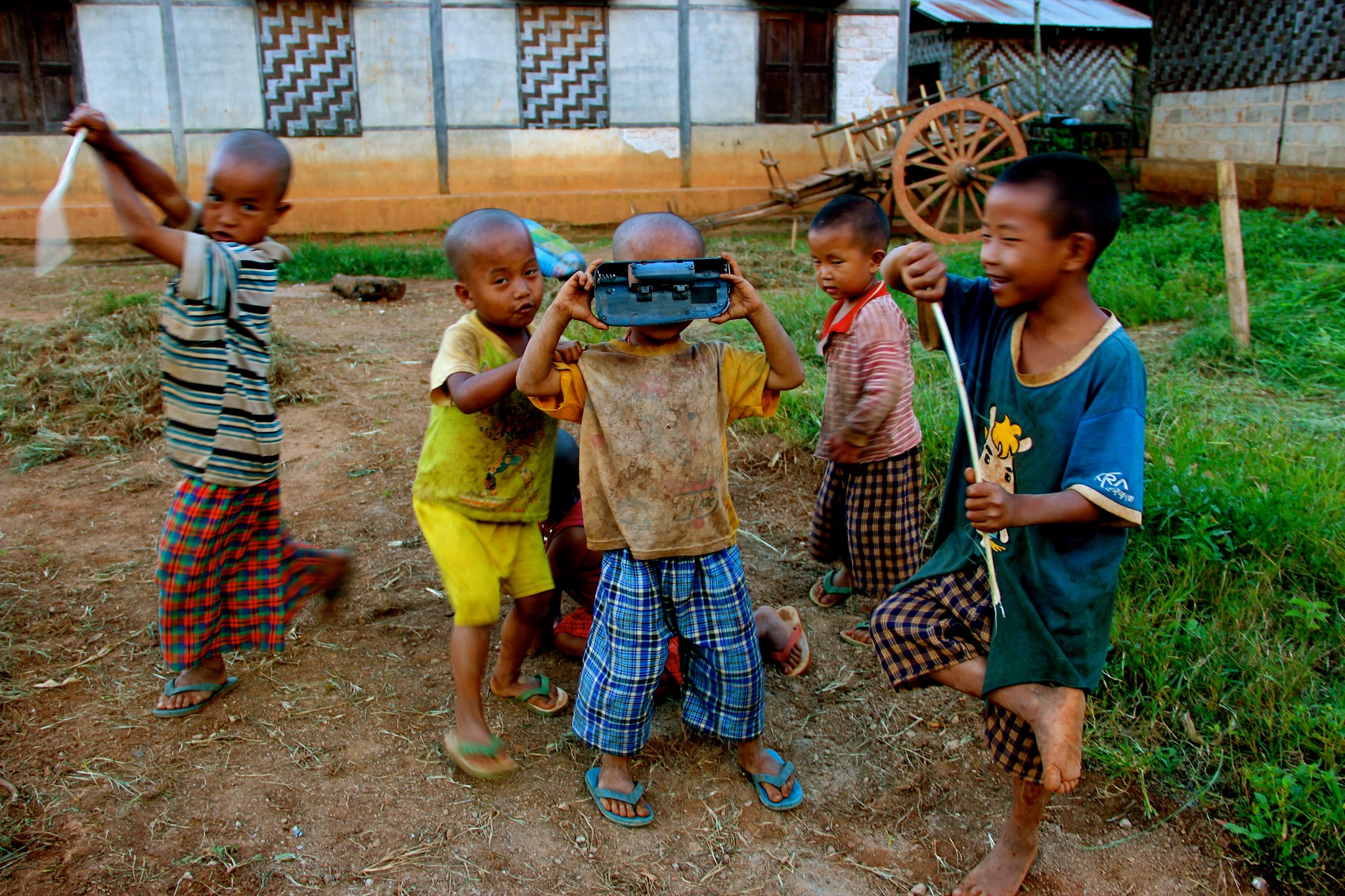
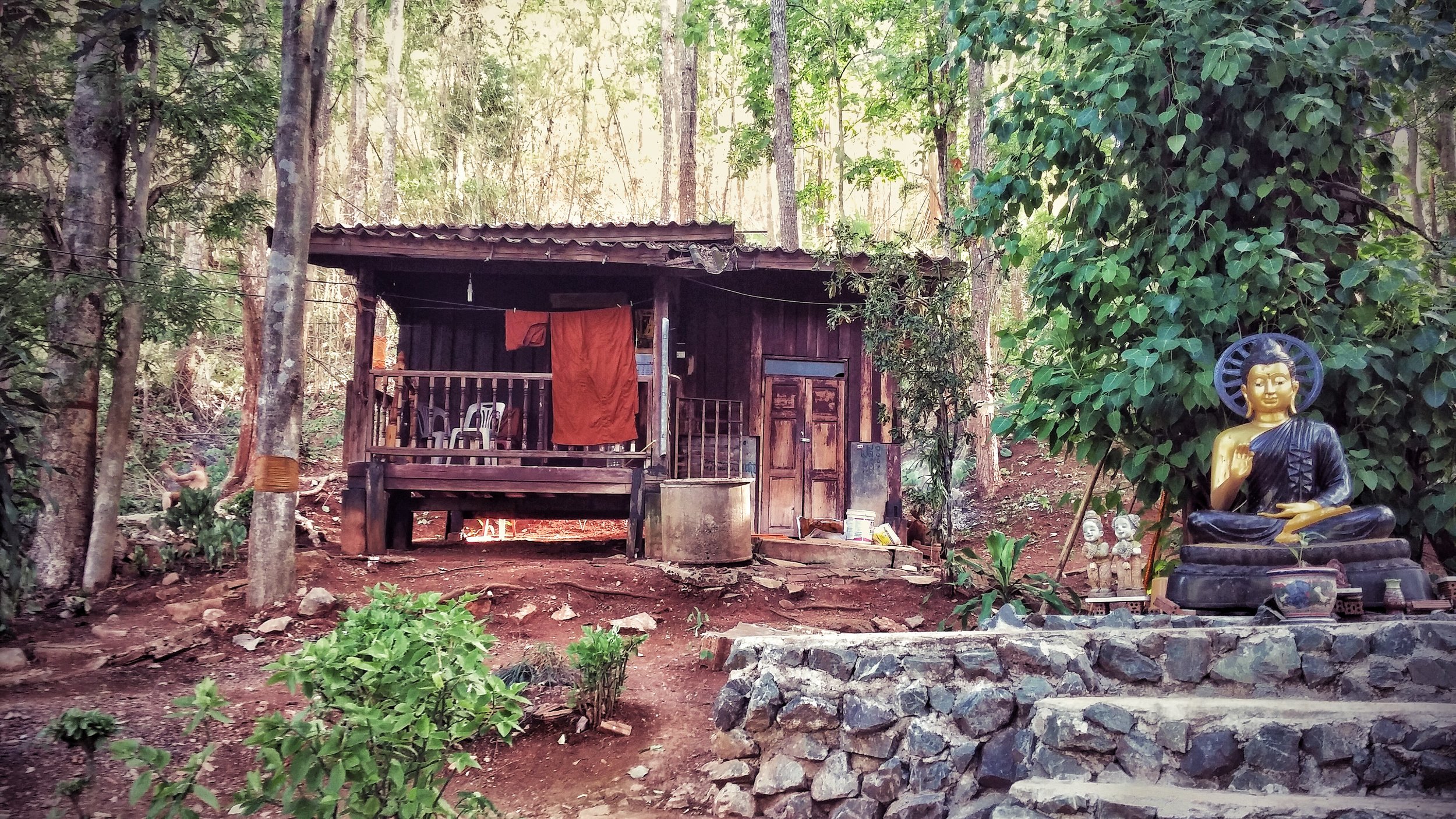
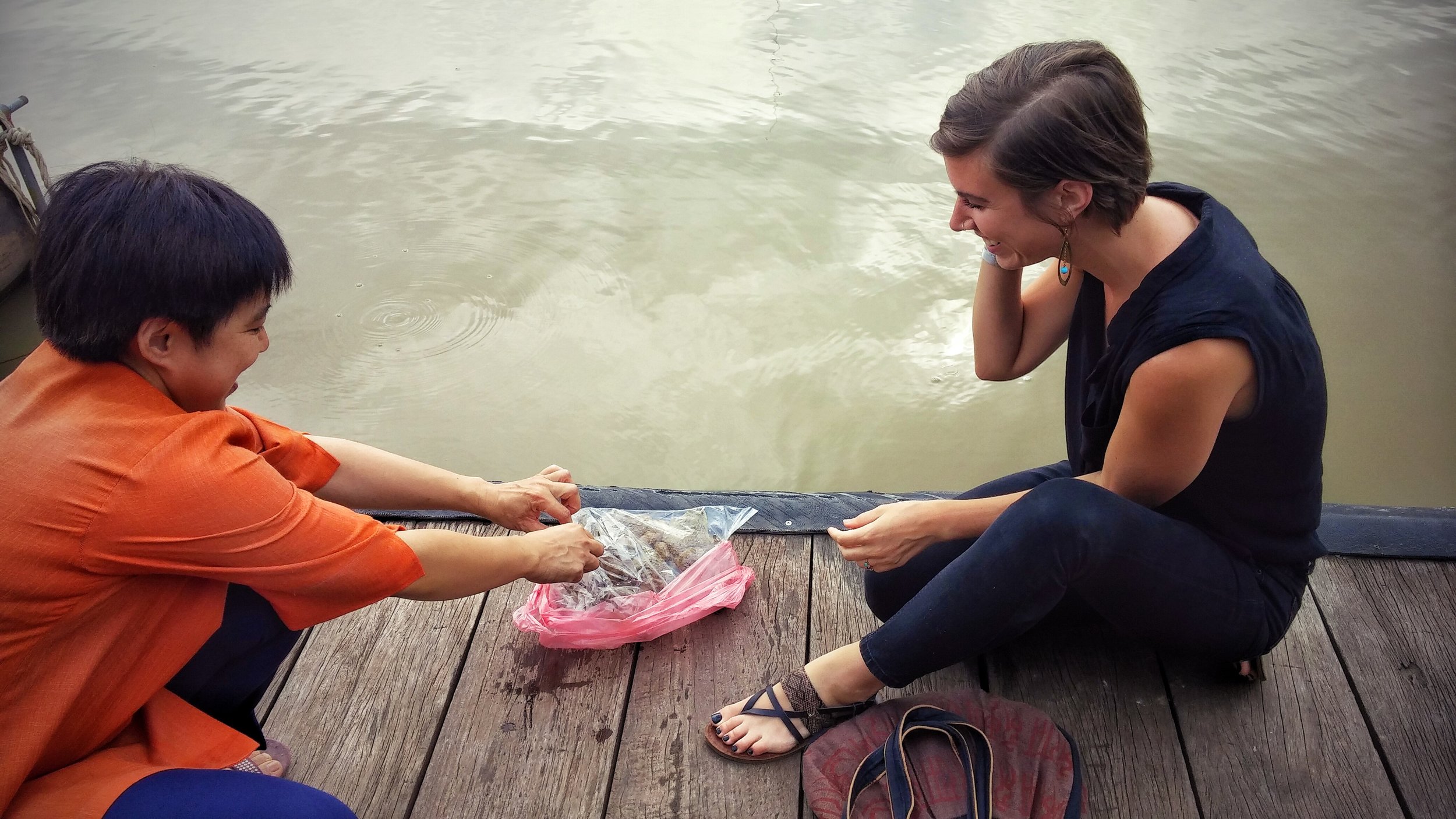



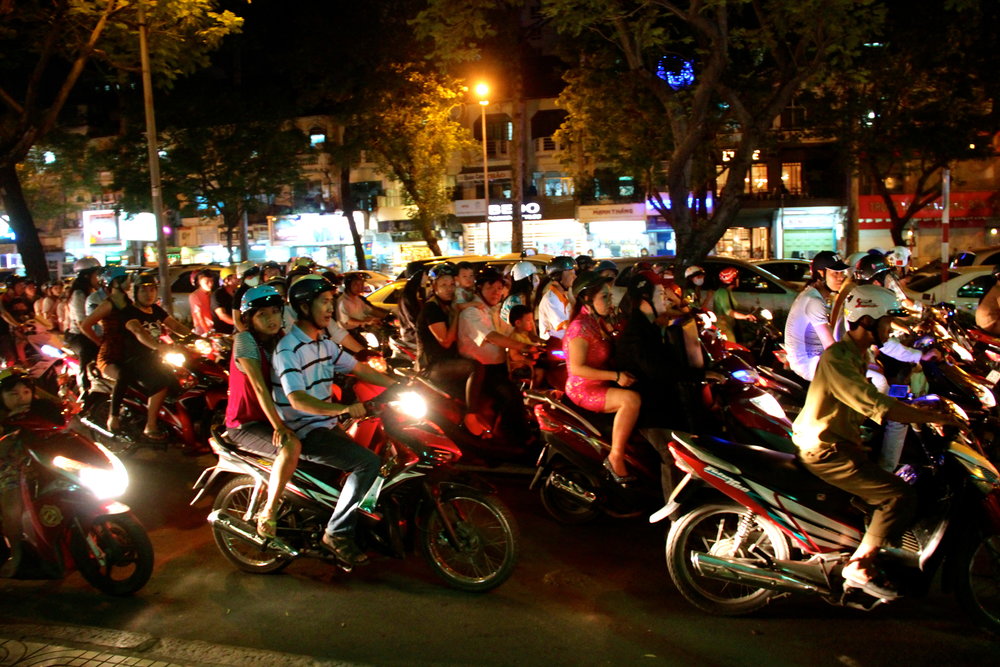
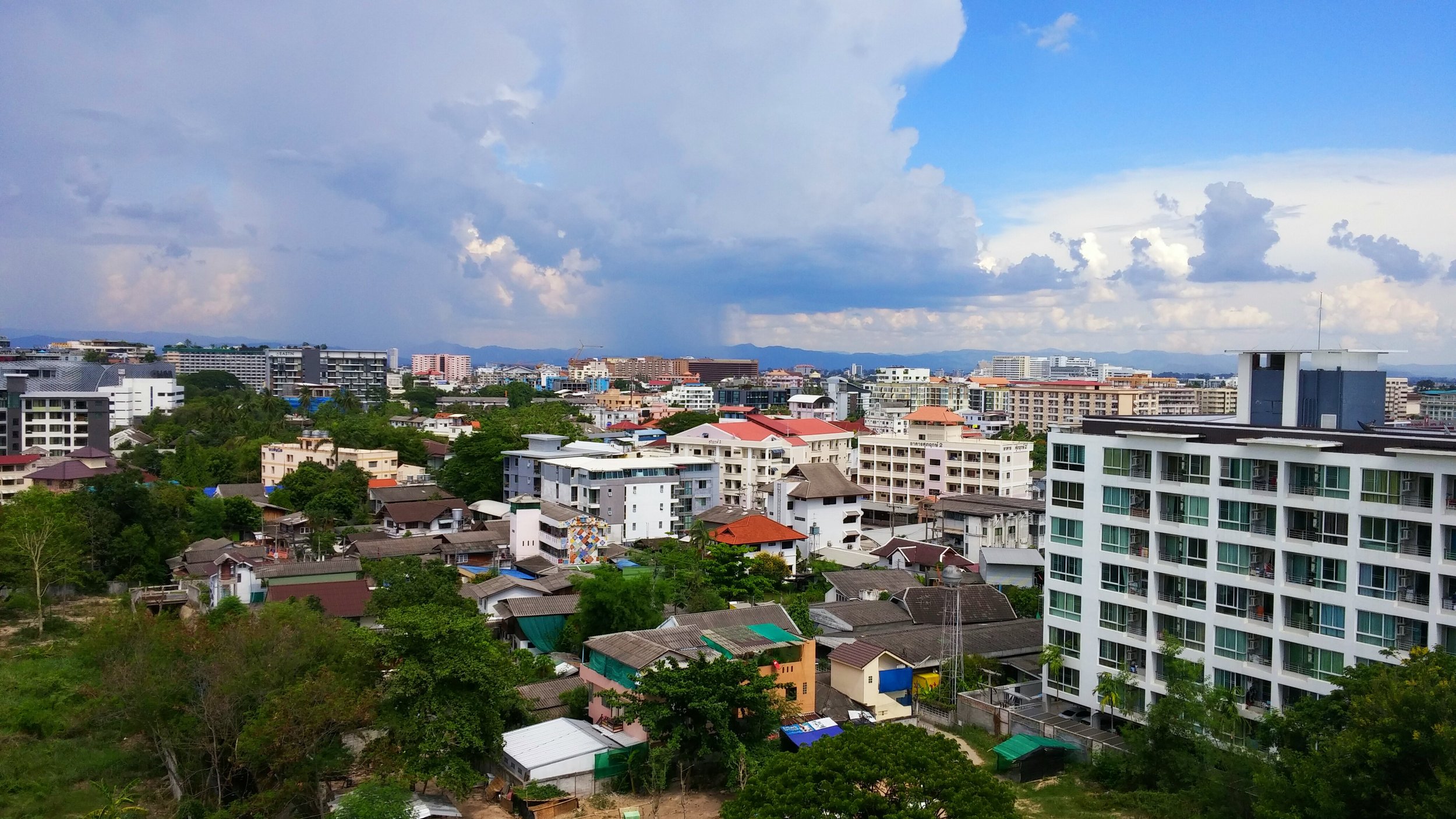
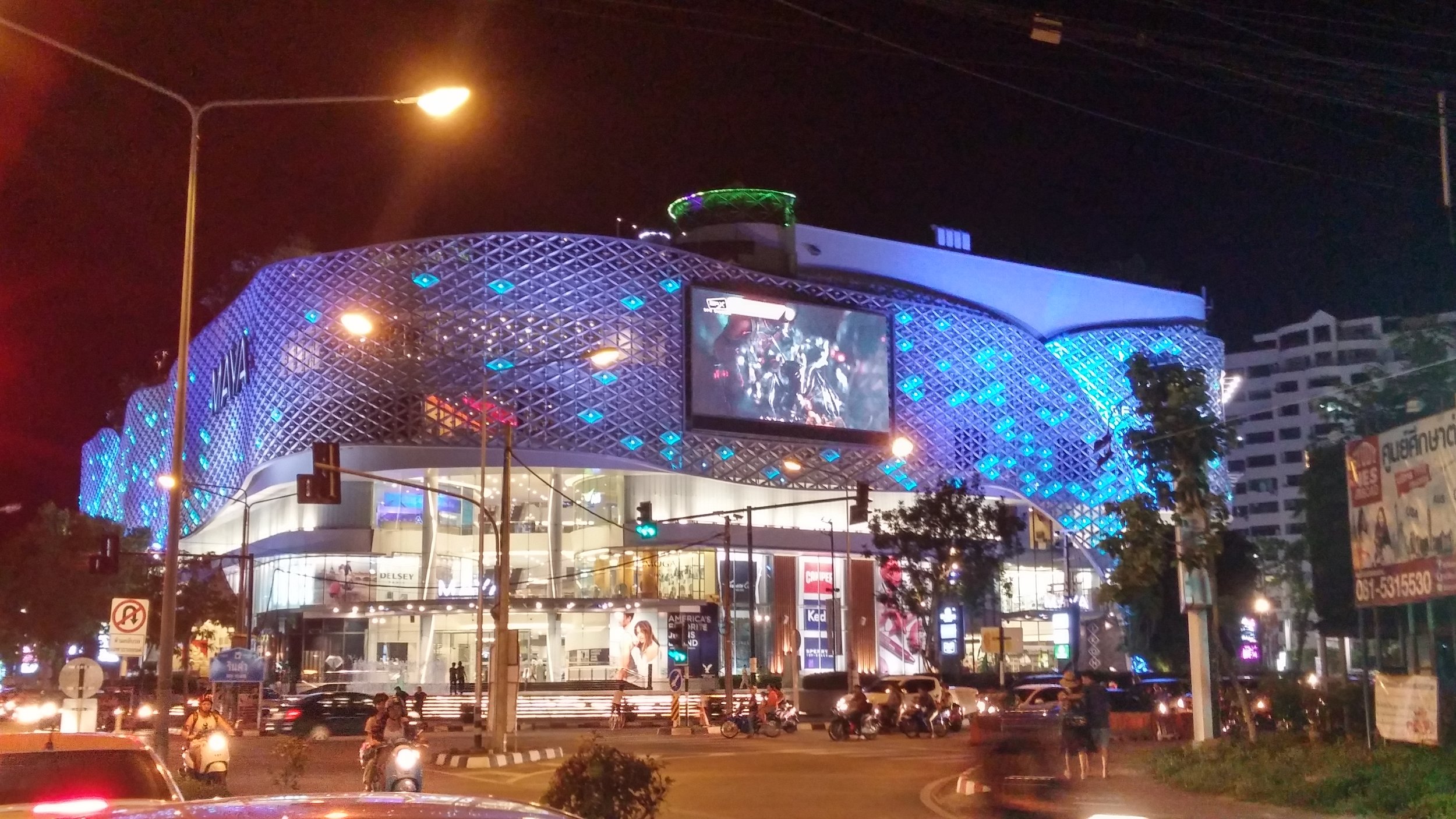
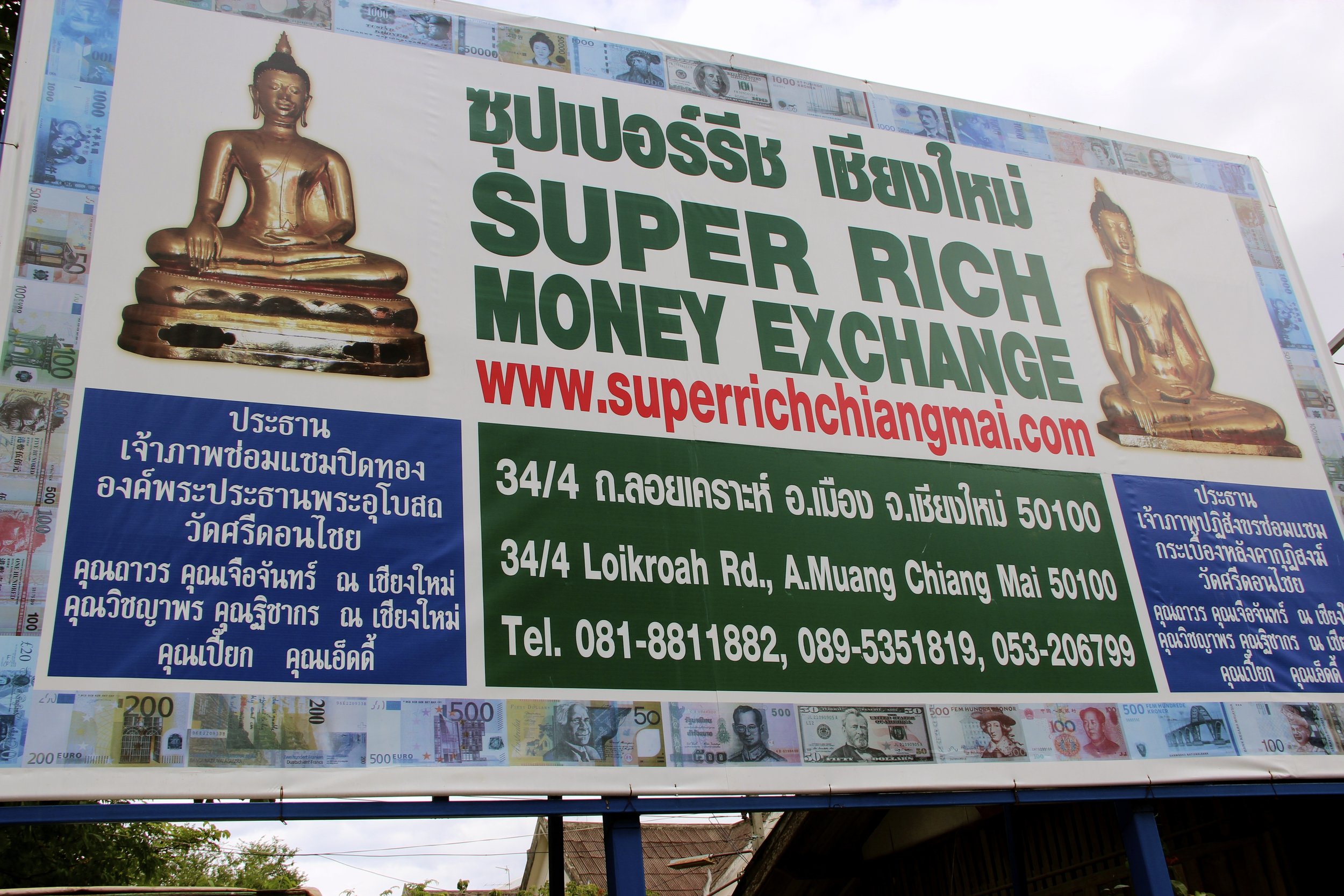



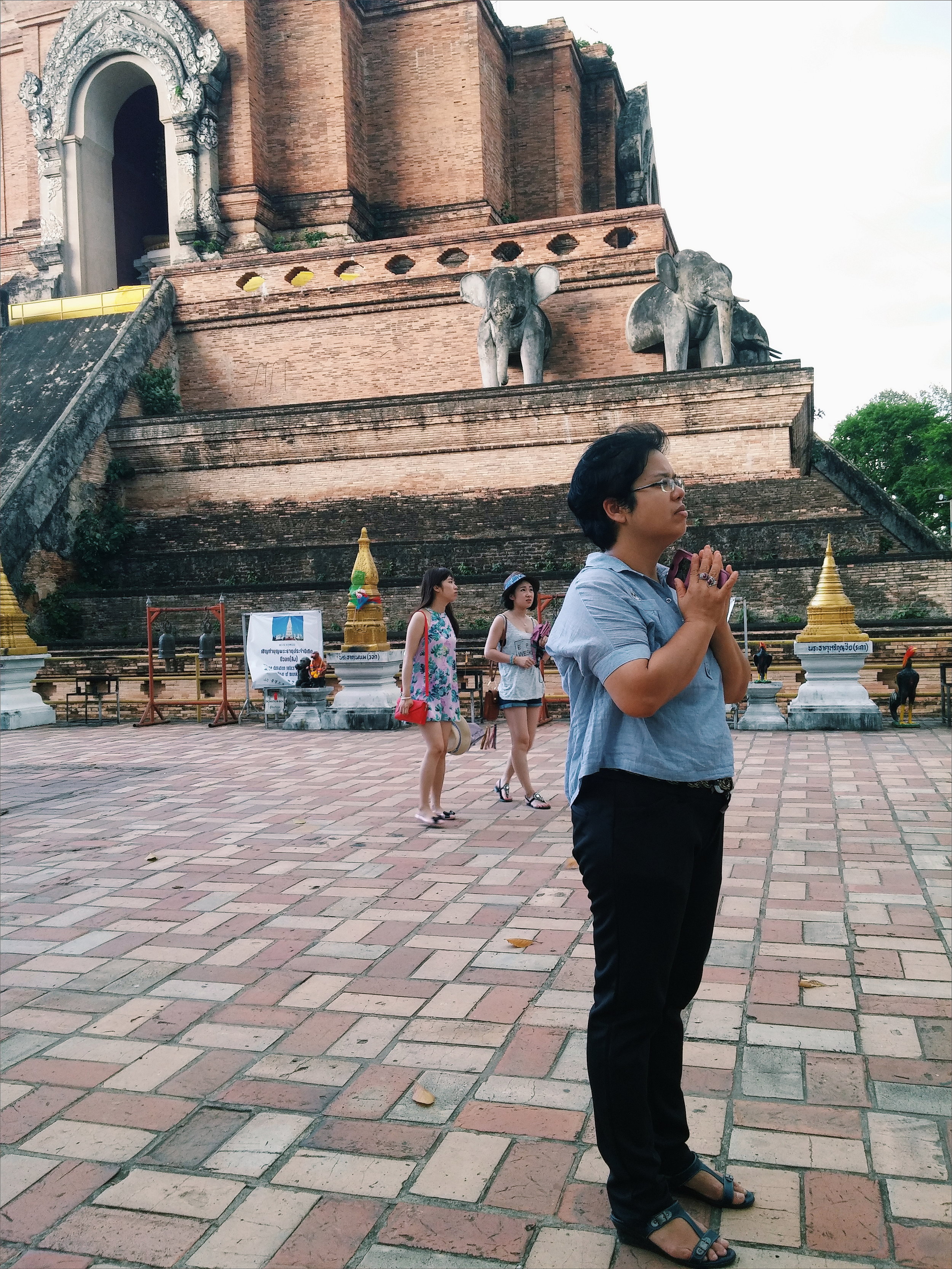
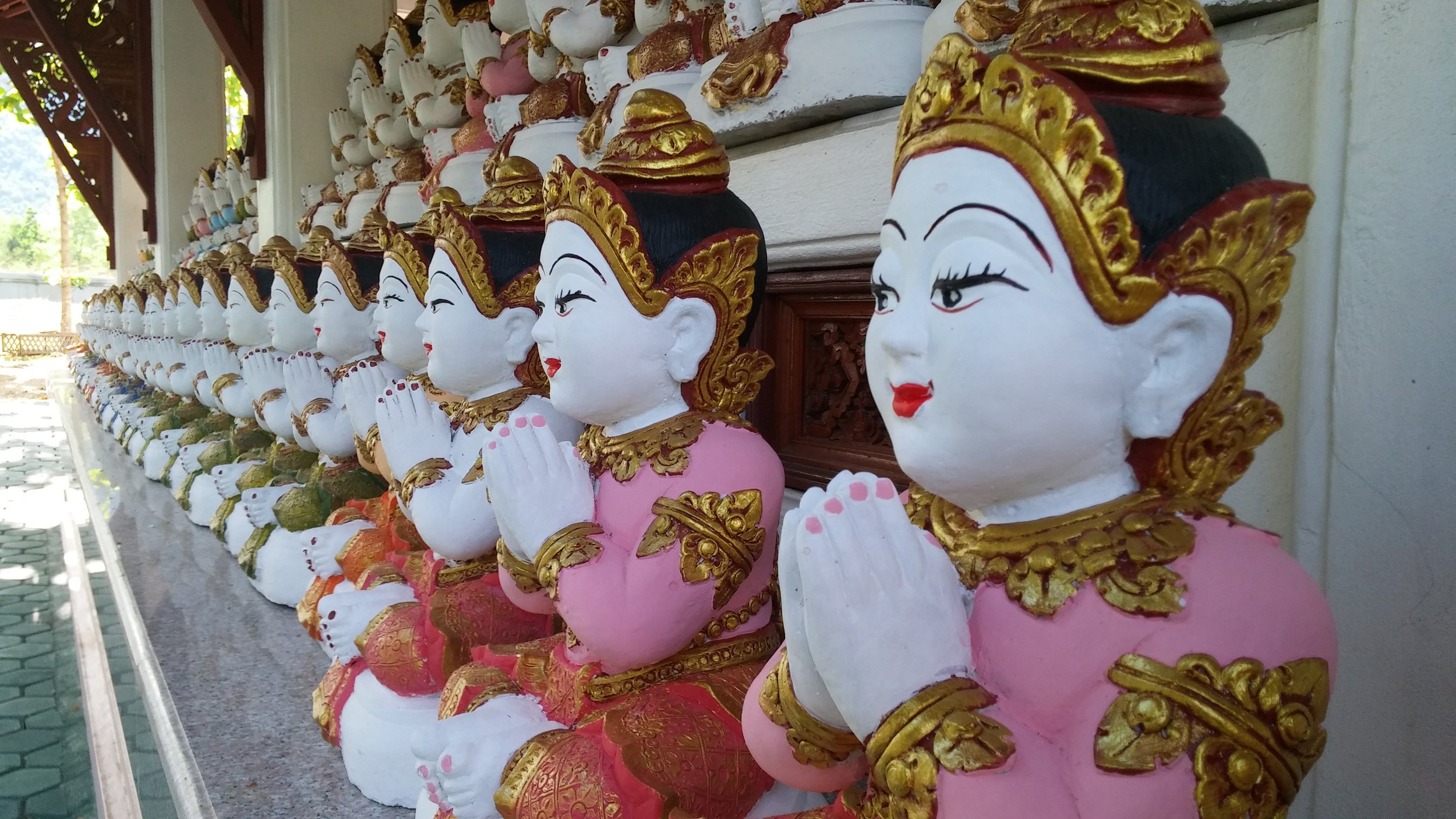

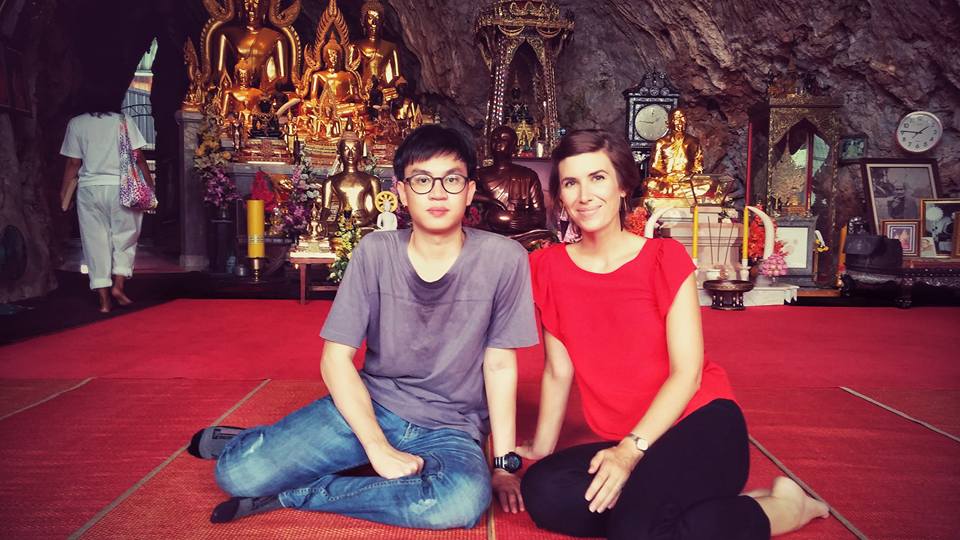

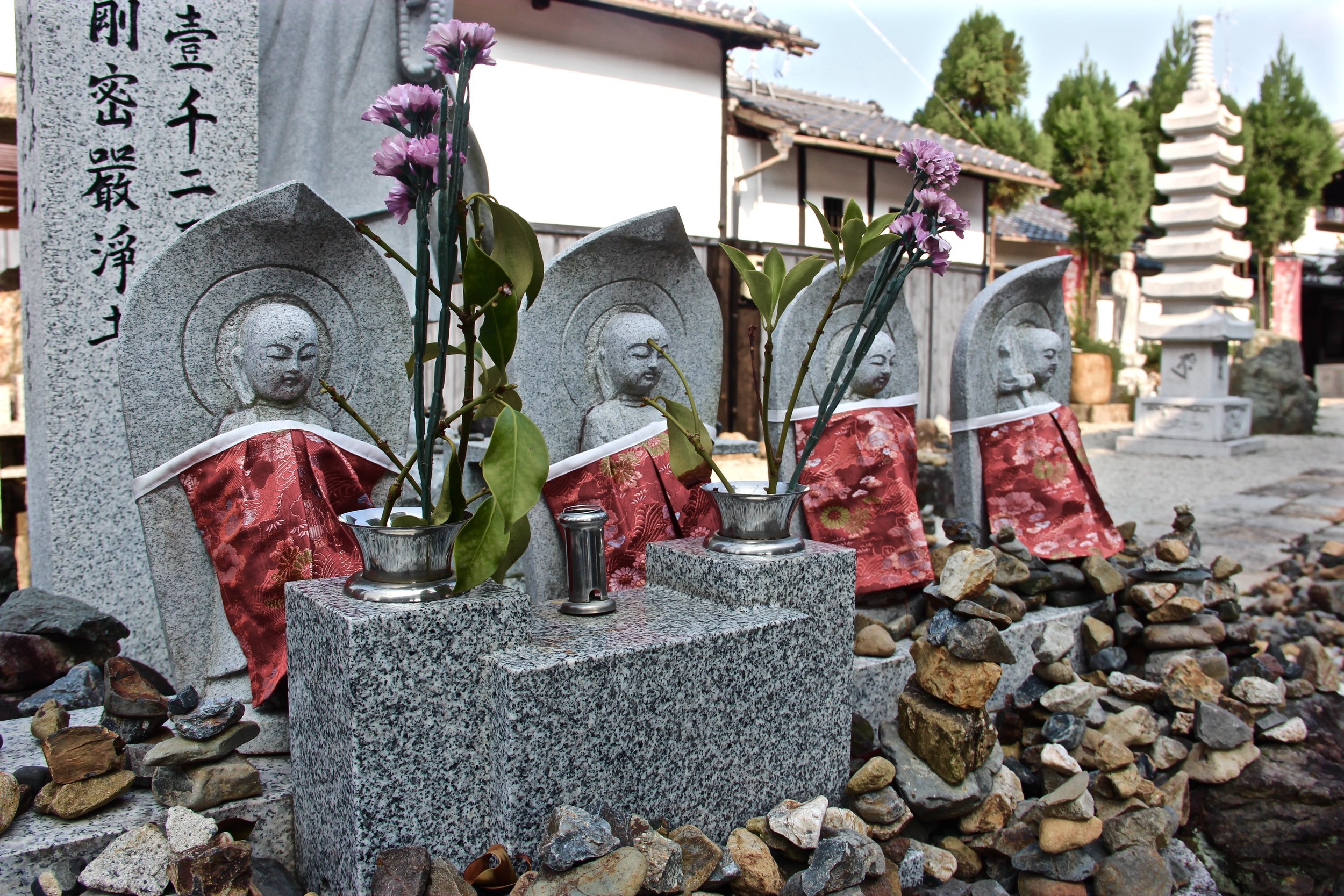
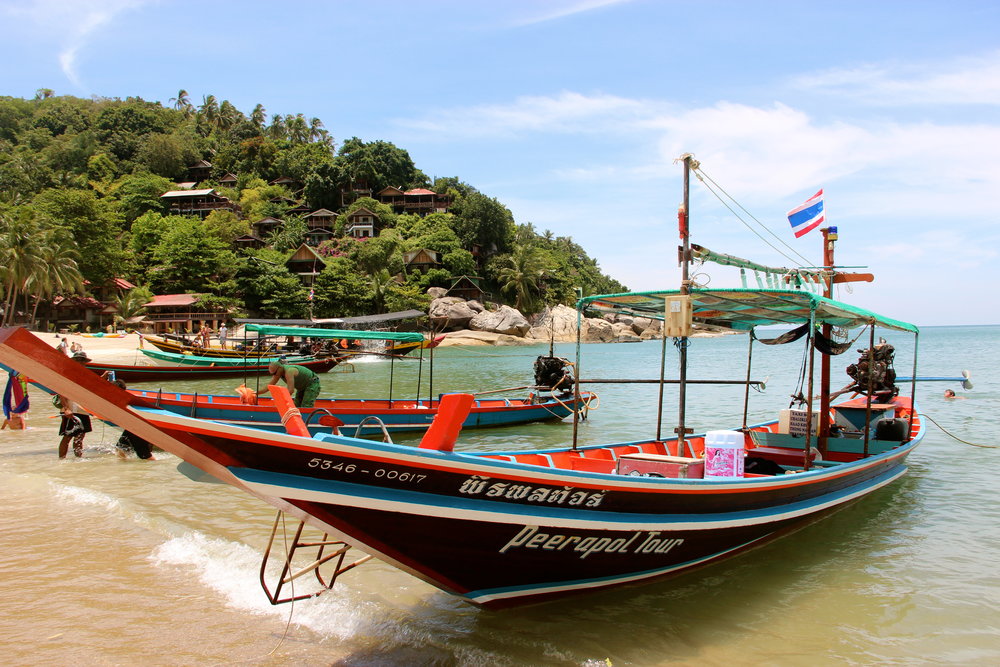

Psychological Implications of Immigration
In this line of work, I examine the psychological experiences of biculturalism among immigrant-origin youth residing in central California. As with my Thailand-based research, I draw from qualitative and quantitative epistemologies to examine the practices and perspectives of bicultural youth. Thus far, this work has focused on Hmong American and Mexican American emerging adults.
Hmong Americans
Photo credit: PK Xiong
One piece, coauthored alongside HD&C lab members and published in Katzarska-Miller & Reysen’s Globalized Identities: The Impact of Globalization on Self and Identity, knits together U.S.-based research with Hmong emerging adults and Thailand-based research with adolescents to address how young people negotiate multiple sets of cultural values to construct their identities. This chapter synthesizes and differentiates the psychological experiences of youth who are bicultural by way of immigration and globalization.
An additional study with this population addresses how Hmong American emerging adults use social and digital media to construct their identities. This paper (published in Journal of Adolescent Research) speaks to assets and liabilities of digital media in the cultural identity construction of Hmong youth.
Finally, HD&C lab members have also coauthored a publication (published in Journal of Cross-Cultural Psychology) that uses cultural identity mapping to expose Hmong emerging adults’ experiences of bifurcated biculturalism. This arts-based tool, we argue, is especially useful when studying aspects of identity about which people may have hidden, complex, and potentially contradictory stances.
Mexican Americans
Photo credit: Cary Edmondson
In one study (published in International Journal of Intercultural Relations), HD&C lab members and I explored how Mexican American youth define and experience biculturalism. By uncovering individual-level advantages and relational challenges inherent in the bicultural experience, this piece addresses the complexity and duality of biculturalism.
Another piece (in preparation, alongside former Honors student Macy Davis) examines the role of religion in Mexican American emerging adults’ cultural identity development. This study suggests that for bicultural youth, religion presents both advantages (e.g., by helping to bridge Mexican and American cultures) and challenges (e.g., by offering interpretations that contradict those encountered in the education system) in cultural identity development.
Cultural Socialization of Moral Development
In the United States, I have explored how moral reasoning is shaped by religious culture, and charted cultural pathways of moral development. In one project, I and my co-author quantitatively examined the moral reasoning of U.S. evangelical and mainline Protestant children, adolescents, and adults. Our study, published in Child Development, found that differences between religious cultures become more pronounced with age. In a follow-up qualitative study, I and my co-author situate these cultural and developmental differences in moral reasoning alongside distinct religious worldviews. This study, published in Culture & Psychology, proposes evangelical and mainline life course narratives that drive distinct developmental conceptions of the moral self.
In Thailand, I have examined the comodulation of culture and development in moral reasoning. This work has addressed dyadic conceptions of the moral self across variously globalized communities (published in Journal of Adolescent Research), the de- and re-contextualization of divinity-based moral reasoning among urban-dwelling adolescents (published in New Directions for Child and Adolescent Development), the moral values that adolescents and parents invoke when considering transnational marriage (published in the International Journal of Intercultural Relations), and the cultural and moral values that adolescents invoke when reasoning about the taboo yet pervasive practice of sex work (published in Journal of Cross-Cultural Psychology).
I have also written book chapters and web-based publications on the intersection of morality and culture (e.g., published in Jensen’s The Oxford Handbook of Moral Development, Dost-Gözkan & Sönmez Keith’s Norms, Groups, Conflict, and Social Change, Oxford Bibliographies, and Society for Research on Adolescence Online News).
Research Recognition
2018-2019 Provost Award for Promising New Faculty: Recognizes exemplary achievements in research, scholarship, teaching, and service among tenure-track faculty at CSU Fresno (highest award for tenure-track faculty)
Dr. McKenzie receives the Provost Award for Promising New Faculty in May 2019
L-R: Former student/HD&C lab member Emma Willis-Grossmann (now a PhD student at Texas Tech), Dr. McKenzie, & former student/HD&C lab member Cristina Landeros (now a school counselor)
2023-2024 College of Social Sciences Award for Outstanding Faculty Research

